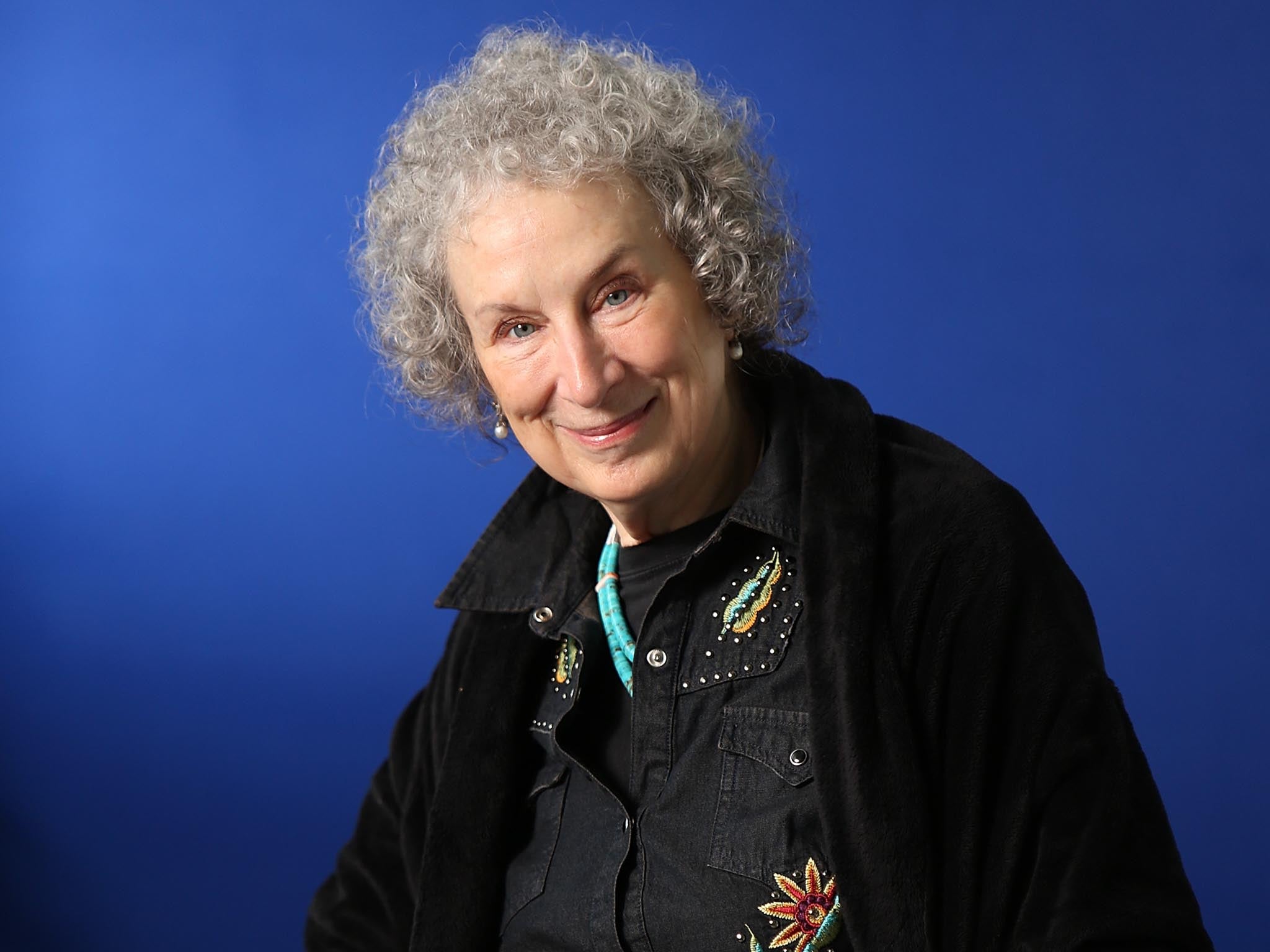On Writers and Writing by Margaret Atwood; book review

Wherever she goes, Margaret Atwood is mobbed. We hang on her every word for, being one of literature’s luminaries, she surely possesses a magical secret we can truffle out. It must get wearing.
On Writers and Writing, a collection of six essays, is a reprint of Negotiating With The Dead (2003), which began as the Empson Lectures of 2000. Atwood addresses a series of key questions: what are the writer’s motivations, role and nature? How do writers communicate with readers? It’s an absorbing book which you read with pleasure and benefit, although afterwards you wonder what precisely you’ve learned. What remained with me was the sense of an agile mind revolving sophisticated ideas, partly revelatory, partly evasive. Writing seems to Atwood to issue from dark, inscrutable regions: Borgesian self-division (“The mere act of writing splits the self into two”); the gnomic (“Where is the story? The story is in the dark”); the mythic (“writing ... is motivated ... by a desire to make the risky trip to the Underworld”). On Writers and Writing is sibylline and cryptic, the teasing trail left by a dazzling dea abscondita.
The essays seem to show the author in flight from her readers, like Frankenstein from his monster. Having bought her books and queued to have them signed, the needy monster is unsatisfied and yearns for deeper intimacy. But the writer is not there: the page is all we possess of her, connecting and forever separating writer and reader. “Pay no attention to the facsimiles of the writer that appear on talk shows, in newspaper interviews, and the like ... The reader is ... a spy, a trespasser, someone in the habit of reading other people’s letters and diaries.” Atwood brings to the literary essay all the manipulative craft she displays in her fiction. She advances towards us whilst turning away. Her hand is ever at her lips, bidding adieu.
What can a world-famous novelist do to avoid the public’s consuming desires? Stratagems include dealing us snippets of autobiography and deflecting curiosity through jest. On Writers is frequently hilarious. Desiring acquaintance with an author is like “wanting to meet a duck because you like pâté.” Atwood’s chief resource is the invocation of multitudinous other authors – from Shakespeare to Alice Munro, Browning to Virgil, Rilke to the Epic of Gilgamesh – arranged like a rocking pontoon bridge for her argument.
Anecdotal retrospect delights and disarms. In 1972, Atwood toured the Ottawa River Valley by bus, giving poetry readings. She carted her books around to sell and once “hauled these books around behind me on a toboggan, due to a flash blizzard ... the first poet to appear within living memory or possibly ever”. The two major questions the young writer was asked were “Is your hair really like that or do you get it done?” and “How much money do you make?” Atwood is amusing on the historic lot of the female author, as a “half-dead nun” or a doomed Maenad. As a child she observed “other little girls” as the Other, with “their Byzantine social life” of “whispering and vicious gossip, and an inability to pick up earthworms without wriggling all over and making mewing noises like a cat”.
On Writers and Writing has little information to share about the joy of writing. I turned for comfort to A.L. Kennedy’s description of writing as “essentially an act of generosity”, passing on beauty to strangers – and to Muriel Spark’s novelist-hero in Loitering with Intent, who, after every painful or dismal ordeal, “went on my way rejoicing”.
Join our commenting forum
Join thought-provoking conversations, follow other Independent readers and see their replies
Comments